I asked everyone for their personal strategies for making it through these strange, dark days.
“Our families and our pets!” most of us said.
“Long walks,” most of us also said, with several of our Pacific Northwest cohort adding “in nature” and Yussef adding “to bakeries!”
“Marijuana,” Dan Kitrosser said, which may be true but definitely made me laugh—a signature Dan move.
Vin and Josie both took up painting. Andrea swims now. Sue Mach takes an online dance class with her daughter.
“How about in our work?” I wondered. What have been our professional strategies for making it through? What is our responsibility as artists in this time? Are we all even still writing?
“I’m always going to tell stories,” Josie said. “That's who I am. I'm a storyteller.”
And that felt so right to me. Writing stories has always been my beautiful little boat that I use to steer myself across the great and terrible ocean of the world, and sometimes it has been my life jacket. Sometimes the sharing of those stories feels like the offer of a place beside me on the Story Boat—like maybe the story that saved me could save someone else, too, in some way.
We might have to get more creative with how we tell stories, though. We've all been doing a lot of that during the pandemic. Vin, Josie, Yussef, Susannah Mars, and Lava Alapai have all been making movies. Andrea and I both adapted plays into audio formats, and Susannah and Vin have been doing tons of voice work. Everyone has made peace with Zoom and used it to keep connected, keep working, and sometimes share work. It has the advantage of bringing us together when we can’t be together. It breaks some things, like the power of being in the room with each other, but it fixes things like geography and access (as long as you have a strong internet connection and a computer). All of us have kept working a lot. And from what I've heard from other theatre folks, they have, too. Any way we can.
Susannah insists the pandemic has pushed us in some really exciting directions. “[It's pushed us] to innovate the heck out of how to make and share art.... I think that artists all over the world will continue to share their authentic stories and connect us more deeply than ever before…”
Vin added, “I’ve had the exciting opportunity to always work as an artist. But the pandemic stopped me in my tracks and made me realize I had to write my own stories. I had to take the time to deal with myself, and now I'm gathering the fruit from that. I actually needed the pandemic to blossom myself creatively.”
Writing stories has always been my beautiful little boat that I use to steer myself across the great and terrible ocean of the world, and sometimes it has been my life jacket.
The pandemic pushed most of us to spend some time figuring out what really matters as humans and artists.
Dan said, “Don't worry so much if this version of your life is the one you should be living....”
Lava said that the pandemic has helped her realize that “I just want to be working in a room with a small group of people, searching for truth together, and having fun. I want to make them feel safe.” Sue added, “I tell my students that like it or not we are living at a turning point in history. It may feel like it completely sucks, but unfortunately the only way out is through. And even if you’re not writing a play or a poem or a piece of fiction, document this time. It’s so important, and one day you will look through all that you’re recording and something will pop out that will be the seed for an authentic, important piece of writing. You have to be patient, trust your instinct, and wait for it.”

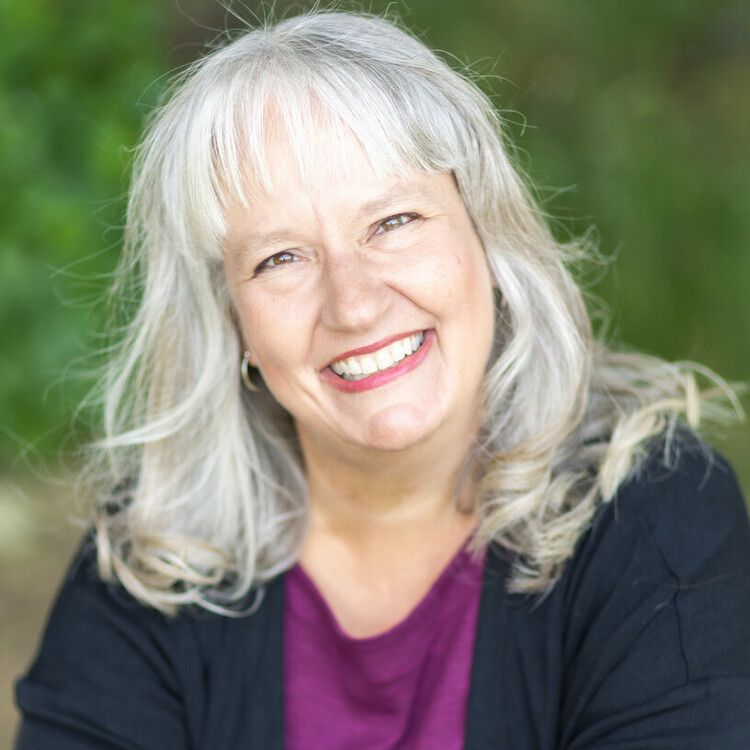
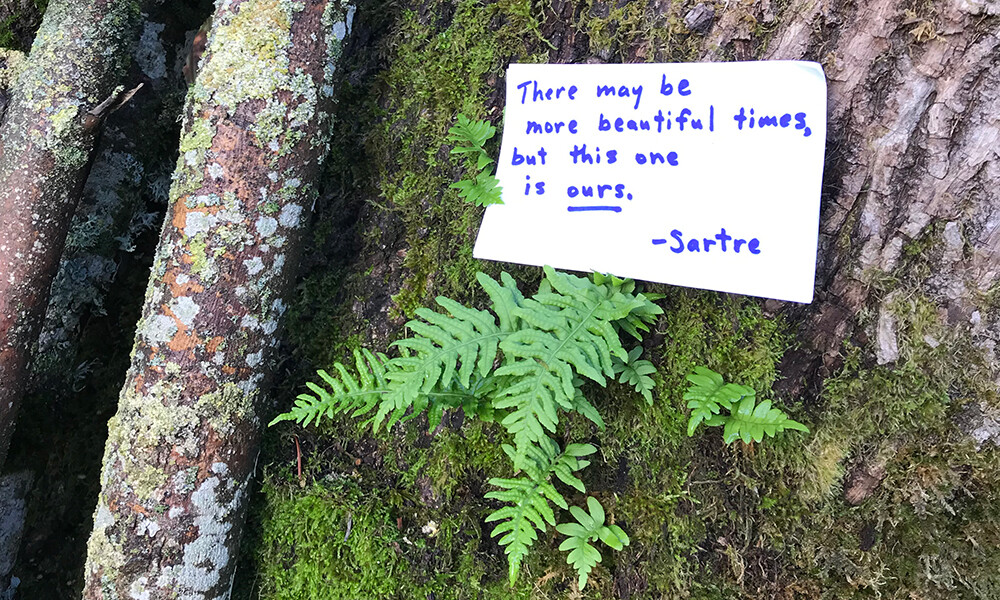
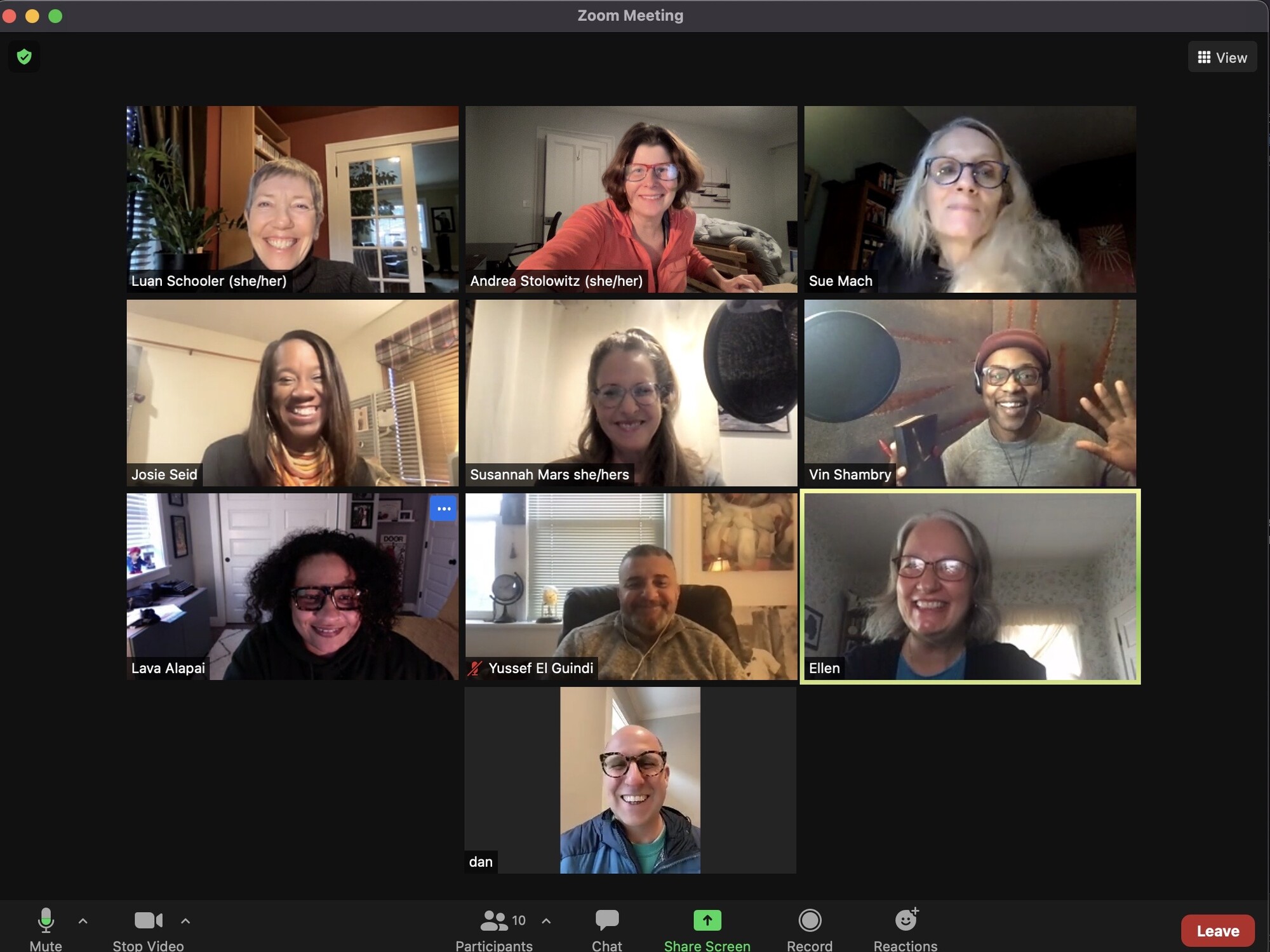
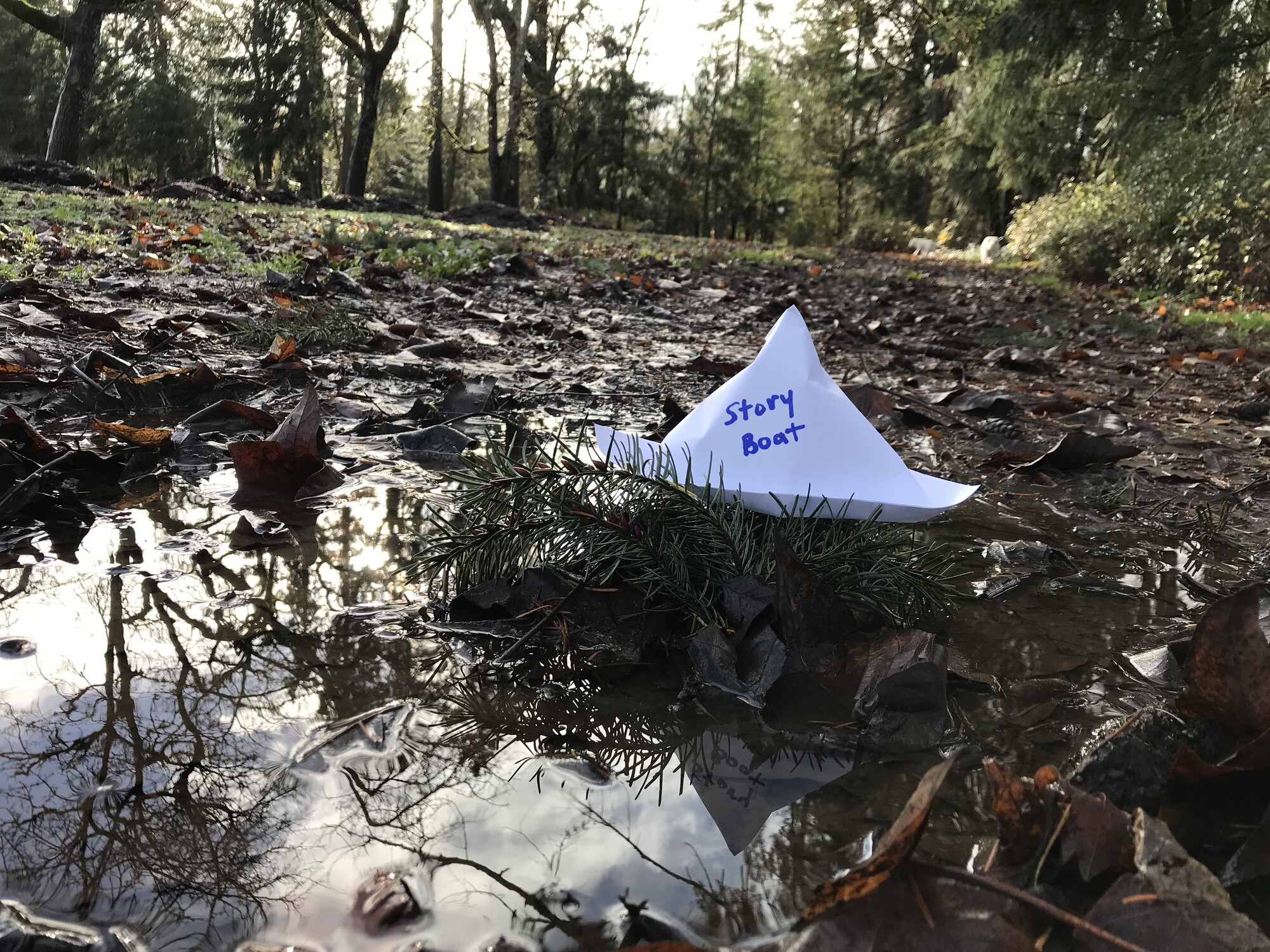
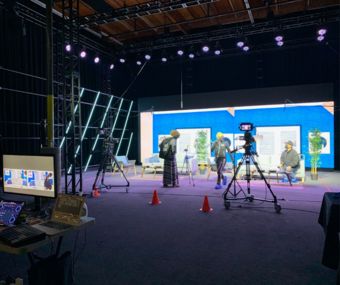



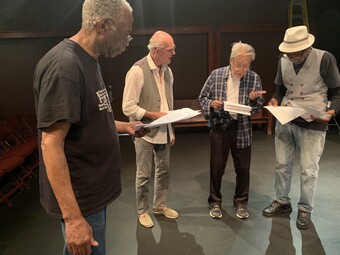

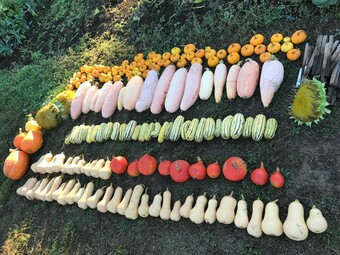

Comments
The article is just the start of the conversation—we want to know what you think about this subject, too! HowlRound is a space for knowledge-sharing, and we welcome spirited, thoughtful, and on-topic dialogue. Find our full comments policy here
Well done Ellen. Tt was nice to see your words and hear your voice. “Sometimes one day changes everything; sometimes years change nothing.” — Irish Proverb